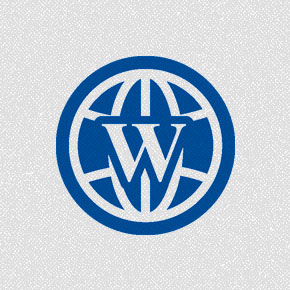Blog
8 WordPress Mistakes To Avoid And Fix Them

August 19th, 2021 by esigners
WordPress is one of the best website hosting platforms and powers around 39% of all websites on the internet. It is mostly the platform of choice for users all around the world-be it beginners or professionals. But with such a popular platform, the chances of making blunders are high. Do you want to avoid all of them?
Check out this list of 8 most common WordPress mistakes:
1. Using poorly coded themes: Now, this is the most common mistake that most WordPress beginners commit. WordPress has countless themes and plugin options. Any poorly coded theme degrades the user experience to a great extent. Some of them are so loaded with text-rich and big picture files, that it could take hours for your website to load.
2. Installing excessive plugins: Do you often end up downloading too many plugins on your WordPress? It can lead to many issues on your website, like site crashes, poor performance, slow loading speed, security breaches, etc. Try not to exceed more than 20 plugins.
3. Not optimizing media: Are you committing the major blunder of using too many full-sized images on your WordPress site? It is affecting your SEO and making your website’s bounce rates higher. Choose themes that automatically re-size the uploads to optimize the user experience.
4. Omitting an XML sitemap: Do you know what is the function of an XML sitemap in a WordPress website? It guides the search engines to navigate through your website content. You can look for plugins like Yoast to make this feature apply to your website.
5. Skipping updates: Do you often ignore all the update notifications of your plugins, themes, and overall WordPress website? WordPress requires you to update a lot to gain access to all the latest features. If your website is extremely outdated, you might need to build your website again from scratch due to security, performance, design, and usability issues.
6. Overlooking security: Though WordPress is a relatively secure platform, you need to take some steps to enhance the security. Use only the plugins and themes that you need and cut back on the rest. Avoid downloading premium plugins from torrent websites. Choose the automatic update option for all your plugins and themes and protect your crucial files using .htaccess.
7. Not implementing backups: Even after implementing security practices, backing up data is a must. A good backup solution creates a copy of your latest data that can be restored later in case your data gets hacked or lost. Run at least weekly backups for safety.
8. Not properly configuring permalinks: Permalinks are crucial because basically, it helps in the identification of single pieces of content on your website. The default permalink setting of WordPress that comes pre-installed is not optimized for the search engine. So right after you launch your website, you need to set each of them individually to give a proper URL structure.
